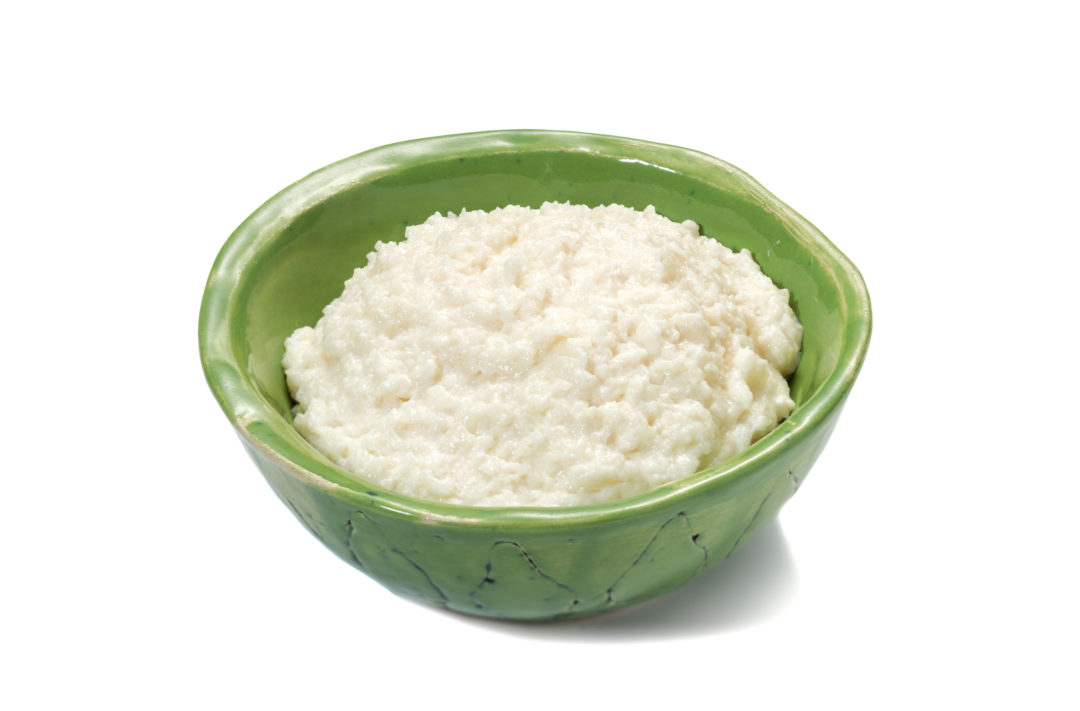The study tested 168 baby foods spanning 61 brands. All but nine of the 168 tested baby foods contained at least one of the four toxic heavy metals, and 87% of the foods tested contained more than one toxic metal. 25% of foods tested contained all four heavy metals.
Four of seven infant rice cereals tested contained inorganic arsenic—the toxic form—in excess of FDA’s proposed action level of 100 ppb. 83% of baby foods tested had more than the 1 ppb limit endorsed by public health advocates, and 20% had over 10 times that amount.
Related: Nutritious + Delicious = Happy, Healthy Kids! Whole Foods Market Releases Top 10 Food Trends for 2020 Rainbow Light Sued for False Advertising, Lead Content
The press release notes that arsenic, lead, cadmium, and mercury are neurotoxic, harming developing brains. Children exposed show loss of IQ, attention deficits, and other learning and behavioral impacts. Arsenic, lead, and cadmium are human carcinogens.The release adds that data shows that when FDA has issued a draft guidance or standard, levels have noticeably decreased over time—but for nearly 90% of baby foods tested, there is no federal safety limit for arsenic, lead, and other heavy metals. Jane Houlihan, study author and Research Director at HBBF, explains in the release: “Current arsenic contamination levels in rice cereal and juice are 36% and 75% less, respectively, than the amounts measured a decade ago. When FDA acts, companies respond. We need the FDA to use their authority more effectively, and much more quickly, to reduce toxic heavy metals in baby foods.”
In the absence of prompt FDA regulation, the release says, baby food companies need to take action to reduce toxic heavy metals. Leading baby food companies and non-profit organizations, including HBBF, have formed the Baby Food Council, which seeks to use best-in-class management practices to reduce heavy metals in foods to “as low as reasonably achievable.”










